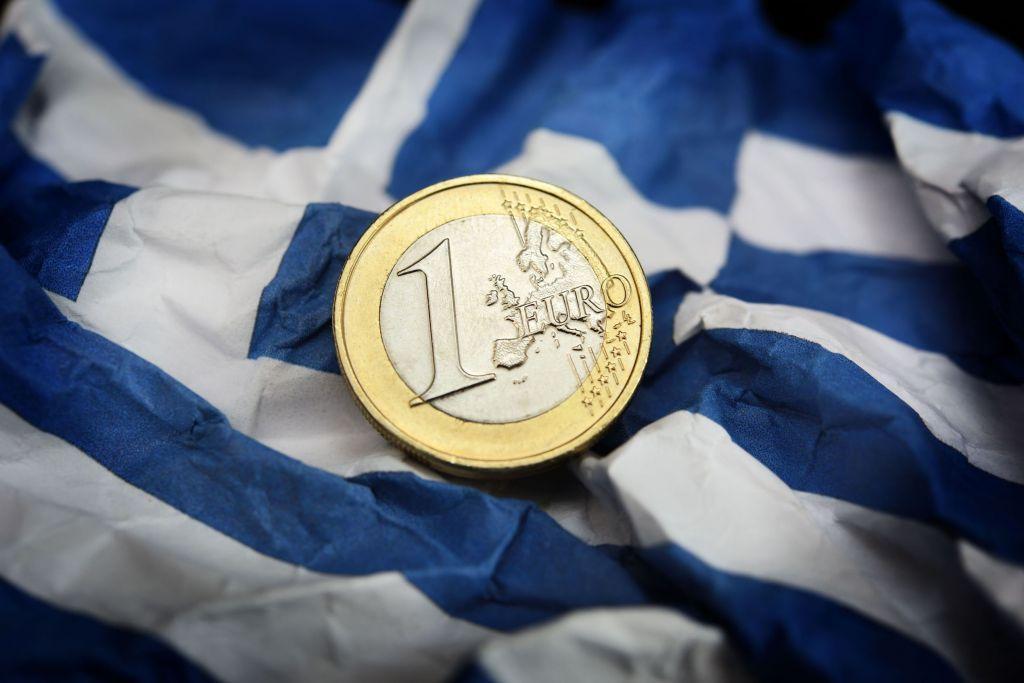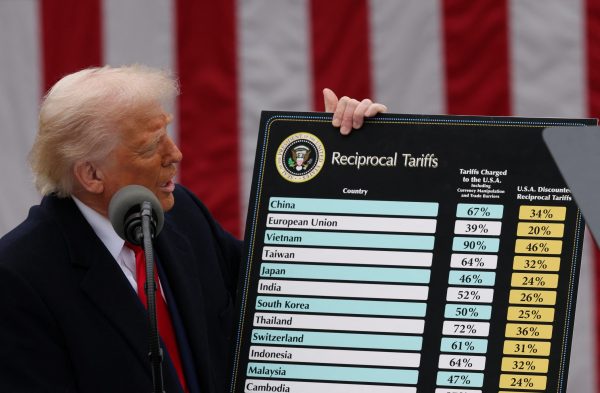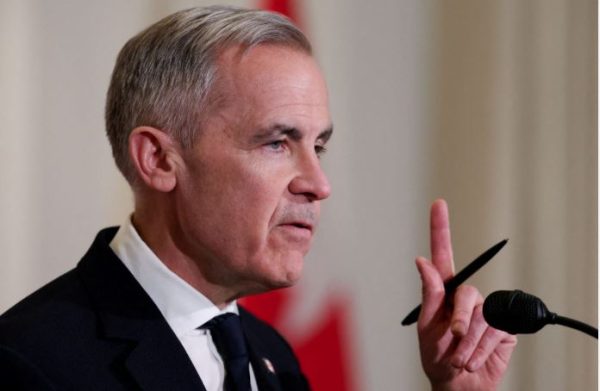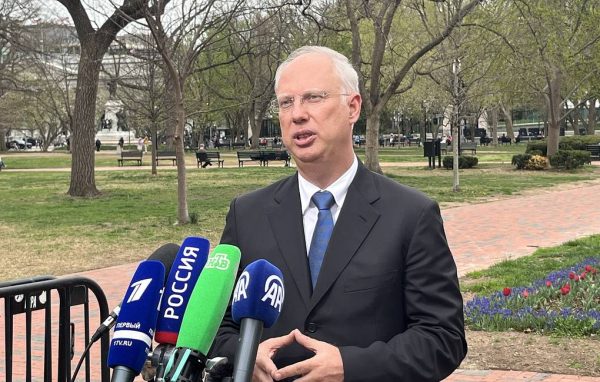
The government is seeking the early repayment of the loans received from the IMF under the Memoranda, but also the faster exit from the regime of enhanced post-memorandum supervision in 2022. These are two moves that will prove to be historic as they will permanently close the “Chapter of the Memoranda”, which crippled the Greek economy and society for more than ten years and fundamentally rattled the political system.
The Ministry of Finance is already in discussions, so that in June, ie six months earlier than due, the enhanced supervision will end, through the acceleration of the implementation of the commitments that Greece has undertaken towards the Institutions. In this context, a total of three evaluations remain to be completed. The 12th evaluation is currently underway, which is a test for the Greek economy as it is linked to the disbursement of a installment of Greek bond profits of 747 million euros. The subject of the meeting of the financial staff with the Institutions on October 19-20 will be the package of government interventions to support households and businesses, as well as the 2021-2022 emergency subsidy policy, and also the emergency fund for electricity subsidies and heating.
A permanent “thorn” is the zeroing of overdue debts of the State, while on the table is the progress in a series of reforms that must be completed by the summer of 2022. One of the key areas is the completion of interventions in the financial system, strengthening of the tax collection mechanism, the interventions in the State and in the justice, the cuts in the markets and the progress of the privatizations. The goal of the government is that most of the outstanding issues have been settled by the first months of the new year, so that Greece is evaluated like any other member state of the Union, ie every six months.
The fronts
On the fiscal front, the stakes are twofold as the economy sets in motion a return to realistic surpluses and at the same time seeks to address a number of risks, such as the smooth withdrawal of pandemic support measures and the explosion in energy costs. At the same time, in March 2022, the extraordinary pandemic bond purchase program of the European Central Bank ends. The information shows that Greece will be included in the new bridge program despite the fact that it has not regained investment level ratings. The Ministry of Finance seeks for the country to recover to investment level in the first half of 2023, without ruling out that it will come earlier, in 2022.
At the same time, the financial staff is preparing for an early repayment of the loans we received from the IMF , after the country entered the Memoranda, taking advantage of the faster economic recovery and the positive international situation with low interest rates. It is estimated that early loans of the IMF worth € 1.9 billion will be repaid, while similar initiatives will be taken for the early repayment of part of the bilateral loans that Greece entered into with the eurozone countries in 2010, amounting to approximately € 2.64 billion.
Latest News

Τι όνειρο είδε ο Τραμπ, έχασε 5,7 δισ. το ΧΑ σε 4 ημέρες, το «16άρι» της Coca Cola, αλλάζει η Δυτ. Μακεδονία, ζωντανεύει το Ξενία Ουρανούπολης, το βιομεθάνιο της ΔΕΠΑ Εμπορίας
Τι όνειρο είδε...

Trump Tariffs Jeopardize Growth: Piraeus Chamber of Commerce
The tariffs, aimed at reducing the U.S. trade deficit, are expected to have both direct and indirect effects on the European economy

EU Condemns Trump Tariffs, Prepares to Retaliate
As tensions escalate, the EU is expected to continue negotiations with Washington while preparing for potential economic retaliation.

The Likely Impact of Trump Tariffs on Europe and Greece
Trump tariffs are expected to negatively affect economic growth in the Eurozone while Greece's exports could take a hit.

Motor Oil Results for 2024: Adjusted EBITDA of 995 mln€; Proposed Dividend of 1.4€ Per Share
Adjusted EBITDA for 2024 was down 33% yoy. The adjusted profit after tax for 2024 stood at 504 million euros, a 43% decrease from the previous year

Cost of Living: Why Greece’s 3% Inflation Is Raising Alarm
Greece appears to be in a more difficult position when it comes to price hikes, just as we enter the era of Trump’s tariffs.

Fitch Ratings Upgrades the Four Greek Systemic Banks
NBG’s upgrade reflects the bank’s ongoing improvements in its credit profile, Fitch notes in its report, including strong profitability, a reduction in non-performing exposures (NPEs), and lower credit losses

Trump to Announce Sweeping New Tariffs Wednesday, Global Retaliation Expected
With Trump's announcement just hours away, markets, businesses, and foreign governments are bracing for the fallout of one of the most aggressive shifts in U.S. trade policy in decades.

Inflation in Greece at 3.1% in March, Eurostat Reports
Average inflation in the eurozone settled at 2.2%, compared to 2.3% in February

Greece’s Unemployment Rate Drops to 8.6% in February
Despite the overall decline, unemployment remains higher among women and young people.
























![ΕΛΣΤΑΤ: Αυξήθηκε η οικοδομική δραστηριότητα κατά 15,6% το Δεκέμβριο [πίνακες]](https://www.ot.gr/wp-content/uploads/2025/03/DSC9655-2-1024x569-1-90x90.jpg)
















 Αριθμός Πιστοποίησης
Αριθμός Πιστοποίησης